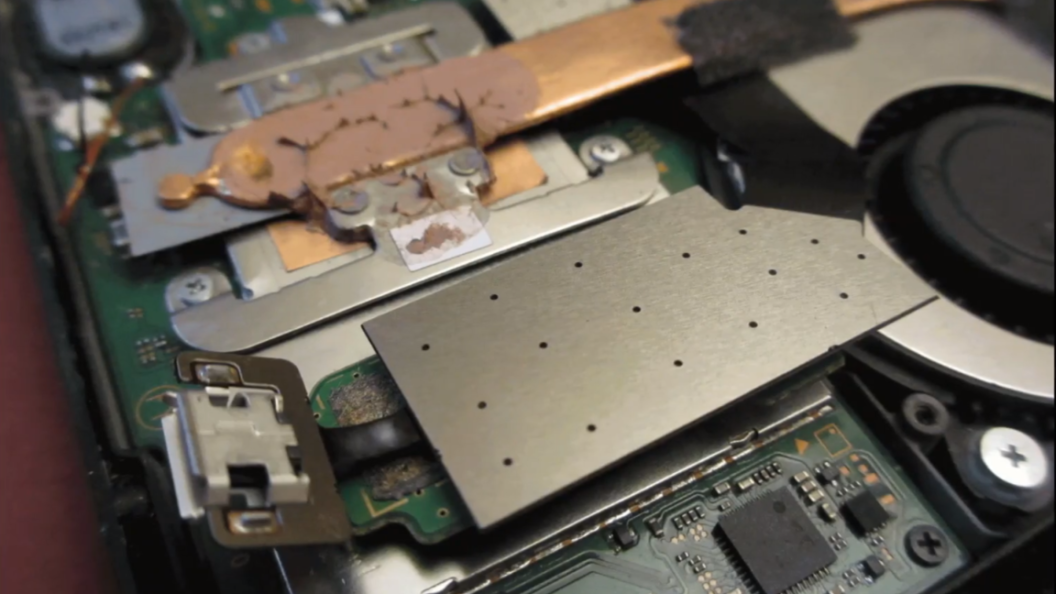Nintendo’s EULA Update Puts Pressure on Switch Users Over Unauthorized Usage
Nintendo has issued a significant warning to users of its Switch and upcoming Switch 2 consoles regarding unauthorized activities that could jeopardize their devices. A recent update to the Nintendo User Account Agreement reveals the company’s strict stance on hacking and piracy, stating that violators may face the permanent bricking of their consoles.
Update Overview
In May 2025, Nintendo released an updated End User License Agreement (EULA) that introduces stringent measures aimed at protecting its proprietary services and software. This update notably outlines the permitted and prohibited behaviors regarding what constitutes acceptable use of Nintendo’s services. Violations can result in grave consequences, including the potential for devices to be rendered “permanently unusable.”
The language in the EULA explicitly states that unauthorized use of the system—including but not limited to hacking and playing pirated games—could lead to a total disqualification of access to Nintendo Account Services. This policy applies not only to the current Switch console but also to the future Switch 2, reinforcing Nintendo’s commitment to maintaining a secure ecosystem.
Potential Consequences for Users
The EULA outlines the powers vested in Nintendo to monitor and enforce compliance. It specifies that the company reserves the right to suspend or restrict access to any or all Nintendo Account Services at its discretion, even without prior notice. This can occur if Nintendo believes that a violation may take place, or as needed for legal, technical, or commercial reasons. The emphasis on preemptive suspension gives Nintendo considerable leeway in enforcing its terms.
Defining Violations
The update explicitly categorizes certain actions that constitute violations, notably highlighting the use of pirated software. The updated agreement clarifies that activities such as obtaining, installing, or using any unauthorized copies of Nintendo Account Services are strictly prohibited. This includes users who modify their consoles or utilize third-party devices to play pirated games, which have long been considered a major concern for the company.
The Broader Context
Nintendo’s update aligns with a broader industry trend to combat game piracy and unauthorized modifications, as console manufacturers escalate efforts to protect their intellectual property. Companies are increasingly relying on stringent EULAs and user agreements to regulate the activities of their user bases.
However, this update raises several questions and concerns among users. Particularly, the vagueness surrounding what may constitute "unauthorized use" could potentially lead to misunderstandings and unintentional violations by players. If users find their devices suddenly inoperable, it could lead to significant backlash against Nintendo.
Controversial Claims
While the intent behind these measures is clear—protecting software integrity and revenue—some argue that the broad nature of the enforcement could penalize legitimate users. Critics of the update assert that the lack of clarity could result in unjust repercussions for those who may not have intended to violate the terms.
Conclusion: Impact on Gaming Community
This new EULA policy from Nintendo signifies a pivotal moment, reflecting an increasingly aggressive approach to preventing hacking and game piracy. As the gaming community grapples with the implications of these changes, it raises broader ethical questions about user rights and ownership.
The potential for consoles to be bricked poses a serious risk for users who may inadvertently run afoul of these regulations, leading to a cautious atmosphere around console use. As gaming evolves, the need for clarity and fairness in enforcement will become ever more crucial, impacting how gamers interact with their devices and with each other. As Nintendo’s policies continue to shape the landscape of gaming, it remains to be seen how users will react and adapt to these stringent requirements.









